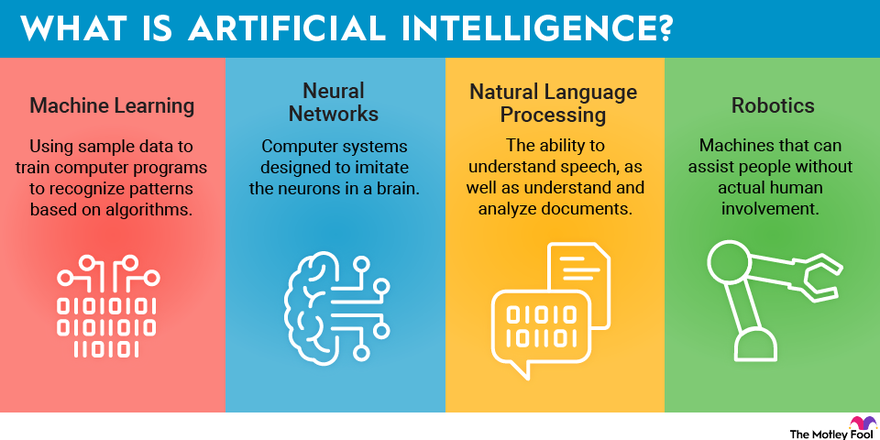CGKY News Hub
Your go-to source for the latest insights and trends.
Artificial Intelligence: Is It Smarter Than Your Dog?
Discover if AI really outsmarts your dog! Uncover surprising insights and mind-blowing comparisons in this fun, eye-opening blog post.
Can AI Outthink Your Dog? A Comparative Analysis
As we delve into the intriguing question of Can AI outthink your dog?, it's essential to recognize the remarkable cognitive abilities of our canine companions. Dogs, known for their loyalty and emotional intelligence, possess a unique type of intelligence that allows them to understand human emotions, commands, and social cues. According to a study published in the American Psychological Association, dogs can interpret human body language and vocal tones, enabling them to respond effectively to our needs. However, juxtaposed against the learning capabilities of artificial intelligence (AI), questions arise regarding the different forms of intelligence and problem-solving skills.
Artificial intelligence, particularly in the realm of machine learning, has demonstrated cognitive feats that can sometimes outpace human and animal abilities. For instance, AI systems can analyze vast datasets, recognize patterns, and even engage in strategic planning. A notable example is DeepMind's AlphaGo, which defeated the world champion Go player by processing millions of potential moves in seconds. While AI can excel in specific tasks, it's crucial to note that these capabilities differ significantly from the intuitive and emotional intelligence exhibited by dogs. Thus, the answer to the question remains nuanced: while AI may surpass dogs in computational tasks, it lacks the profound emotional understanding and loyalty that our furry friends offer.

Understanding Artificial Intelligence: How Smart Is It Really?
Understanding Artificial Intelligence (AI) has become increasingly crucial in our technology-driven world. With advancements in machine learning and deep learning, AI systems can now analyze vast amounts of data, recognize patterns, and even make decisions without human intervention. But how smart is AI really? While AI can perform specific tasks, such as playing chess, diagnosing medical conditions, or optimizing supply chains, it lacks the general intelligence and common sense that humans possess. In fact, according to a report by MIT Technology Review, the majority of AI applications are narrowly focused, excelling in well-defined tasks but struggling outside those parameters.
Furthermore, the intelligence of AI can be misleading. Many people equate AI with futuristic robots and sentient beings, but the reality is much different. AI operates on algorithms and statistical models designed by humans, which can sometimes lead to biased outcomes or unexpected behavior. As highlighted in an article by Forbes, understanding the limitations and ethical implications of AI technology is vital as we continue to integrate it into various aspects of society, from healthcare to finance.
Artificial Intelligence vs. Canine Intelligence: Who Reigns Supreme?
When comparing Artificial Intelligence and Canine Intelligence, it's essential to recognize the unique strengths each possesses. Artificial Intelligence, driven by algorithms and vast datasets, showcases remarkable capabilities in processing information and performing complex calculations at speeds unparalleled by any living creature. It can analyze vast amounts of data and identify patterns that humans or dogs could never do within a practical timeframe. For instance, AI models like OpenAI's GPT can generate human-like text and offer solutions to complex problems, making it a pivotal tool in modern applications.
On the other hand, Canine Intelligence shines in areas where emotional understanding and adaptive learning play vital roles. Dogs have an incredible ability to read human emotions, making them exceptional companions and service animals. According to the American Kennel Club, the intelligence of dogs is often measured by their ability to learn commands, understand emotional cues, and respond to the environment in ways that AI still struggles to replicate. This form of intelligence emphasizes the deep bond between humans and dogs, showcasing that intellect may not always be about cognitive ability alone.